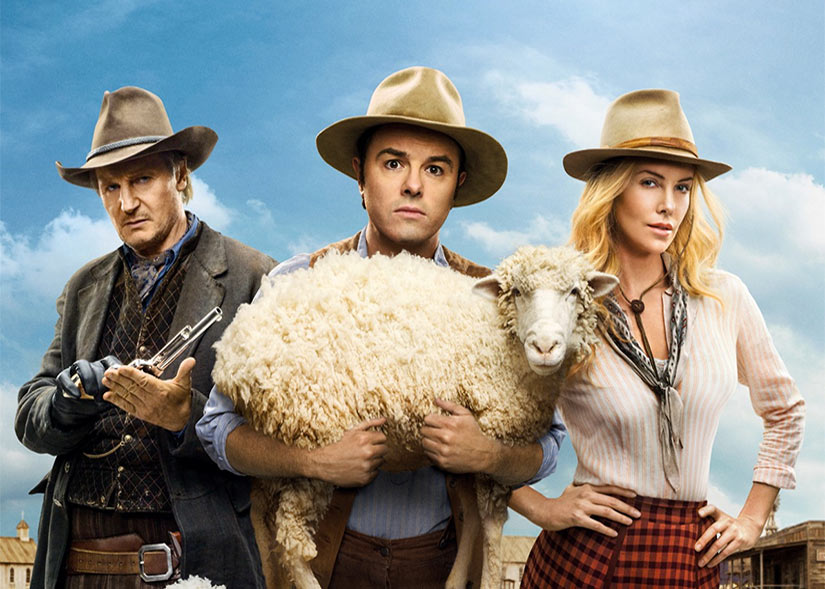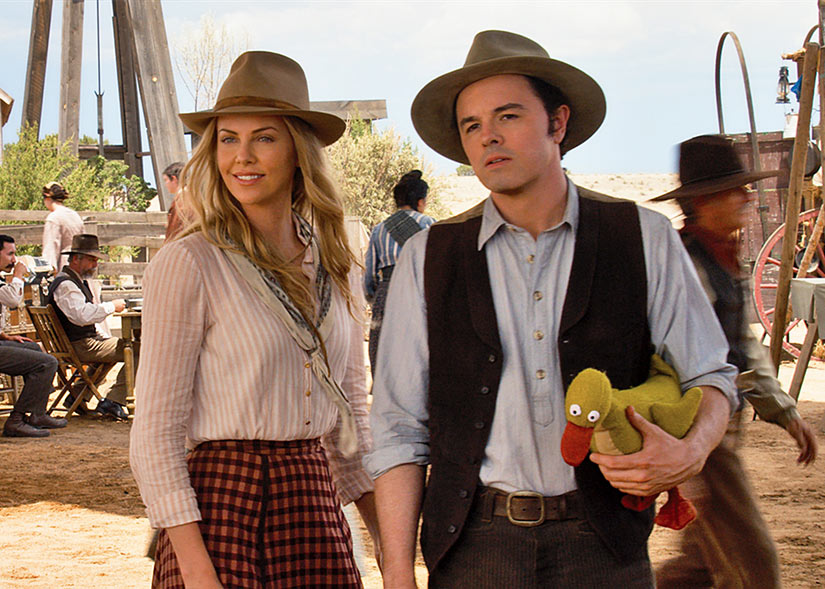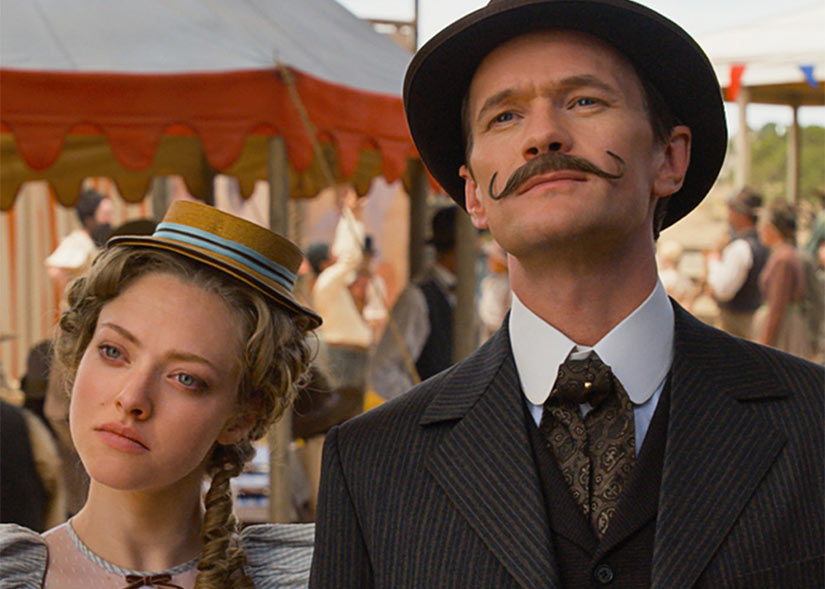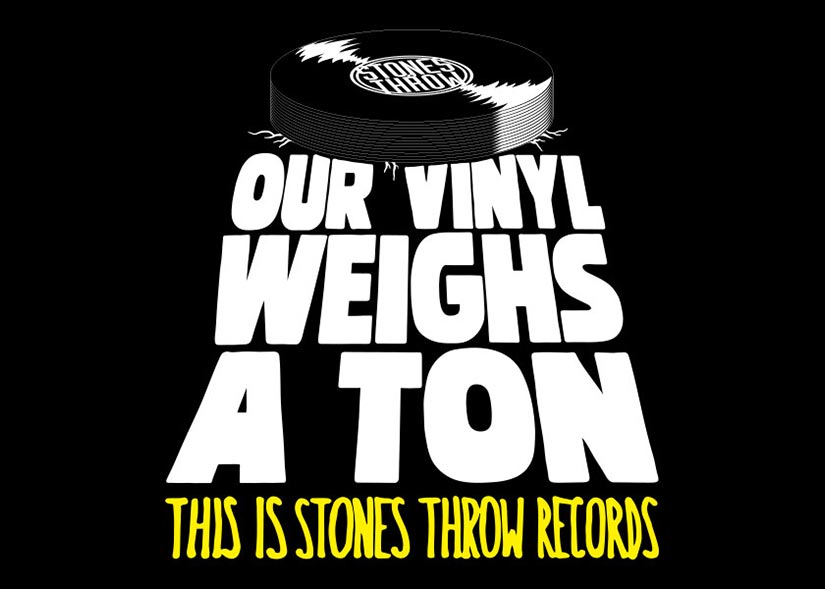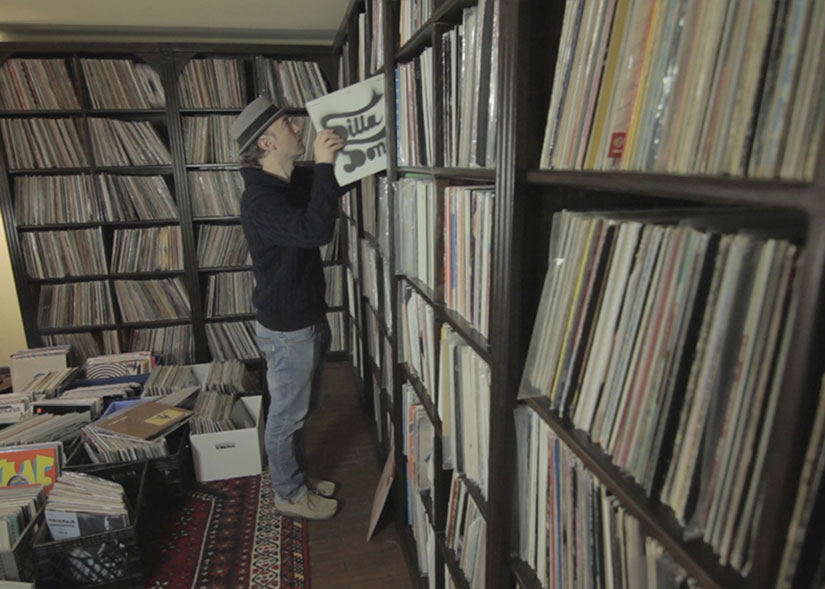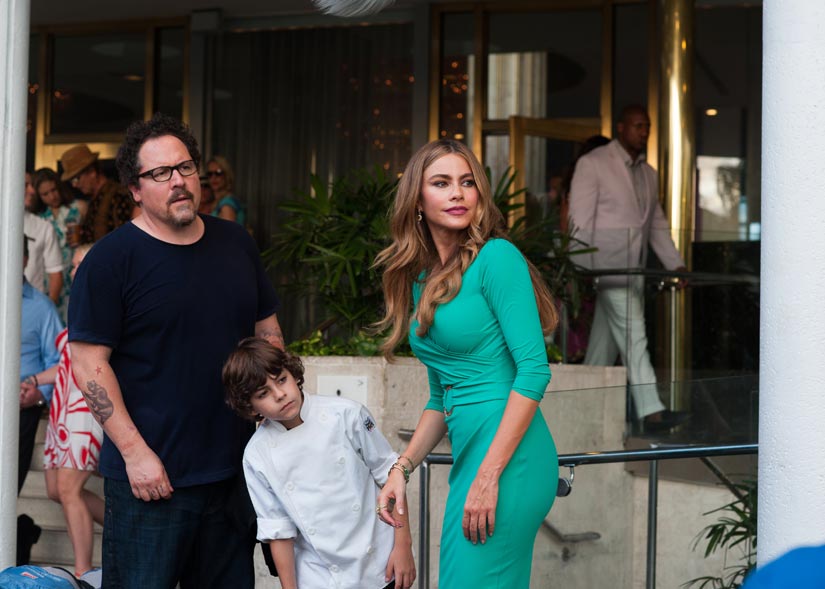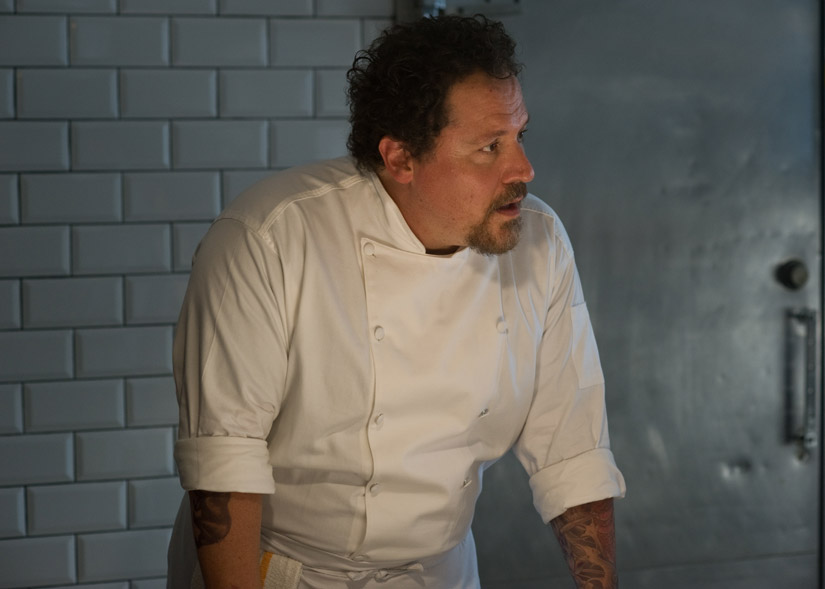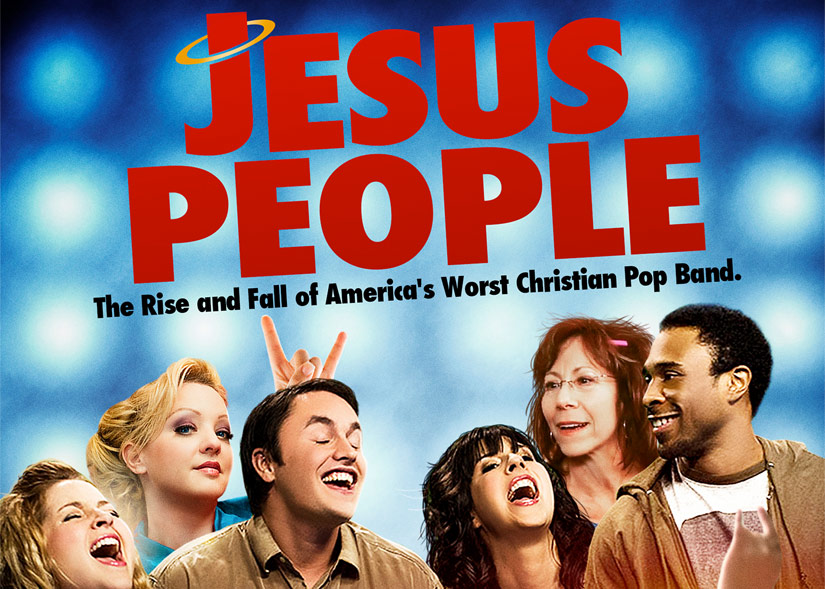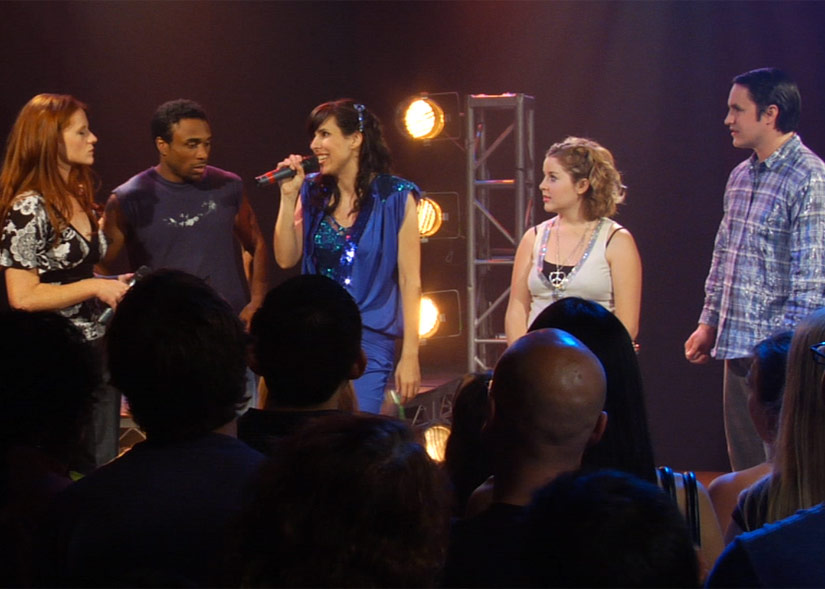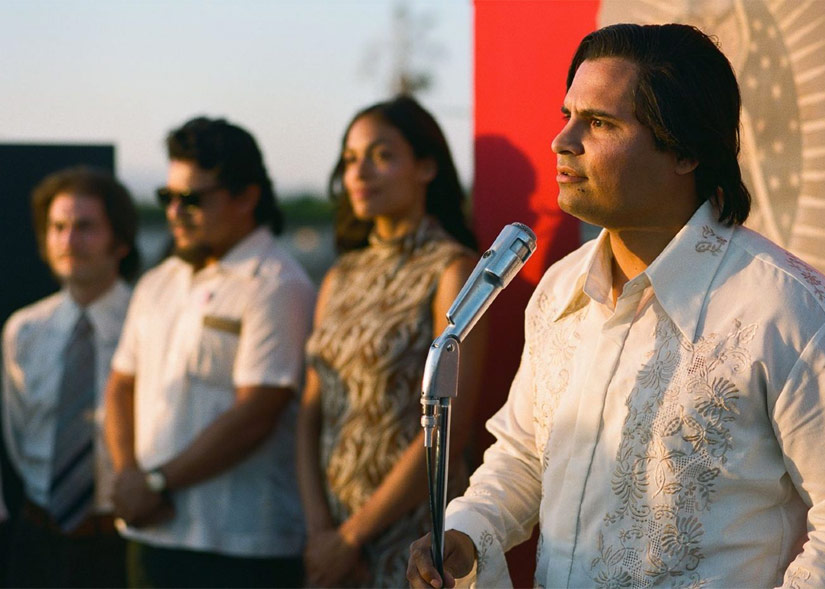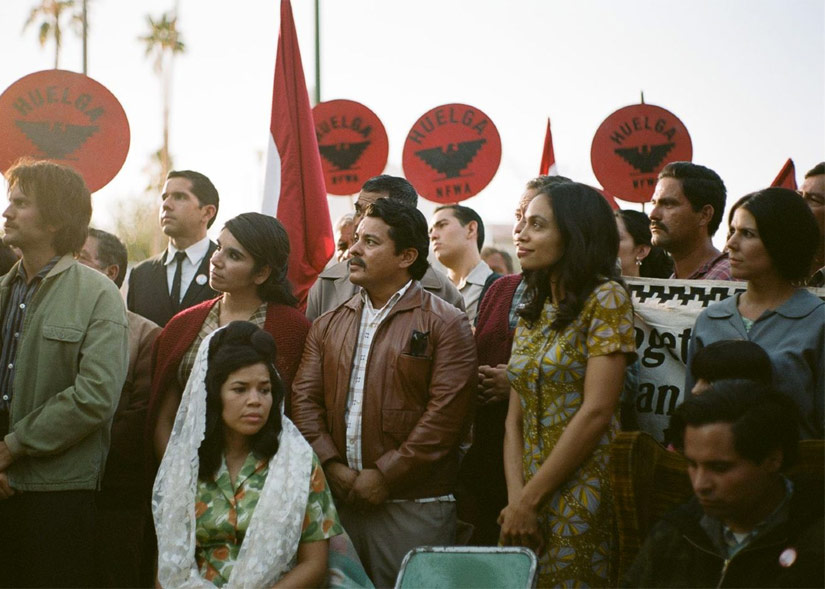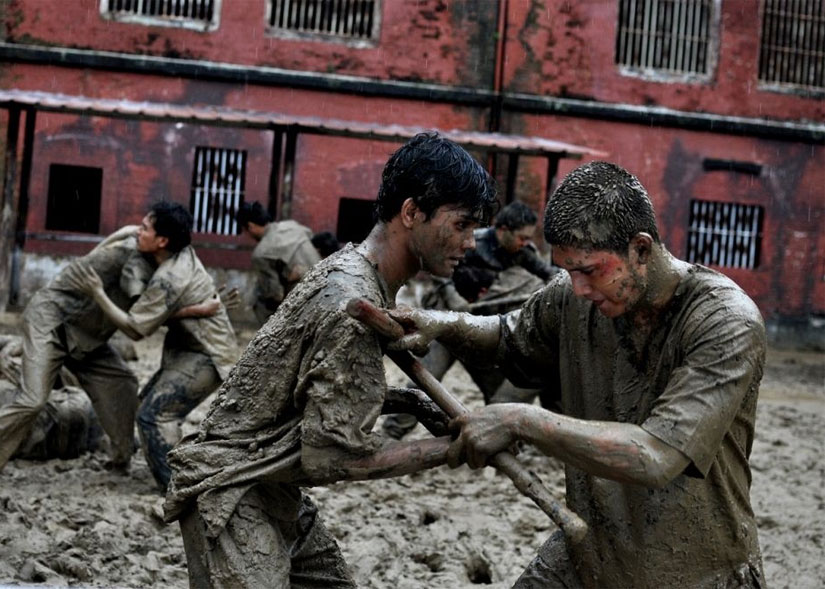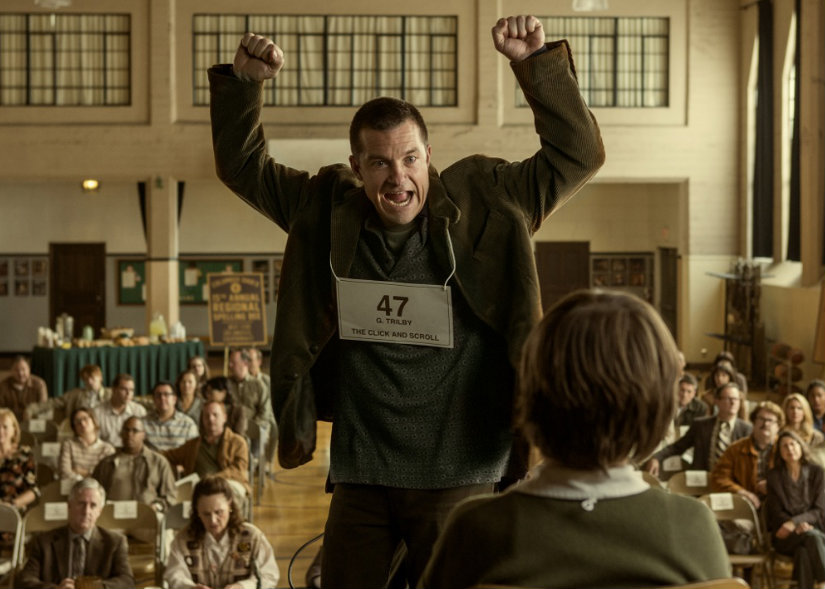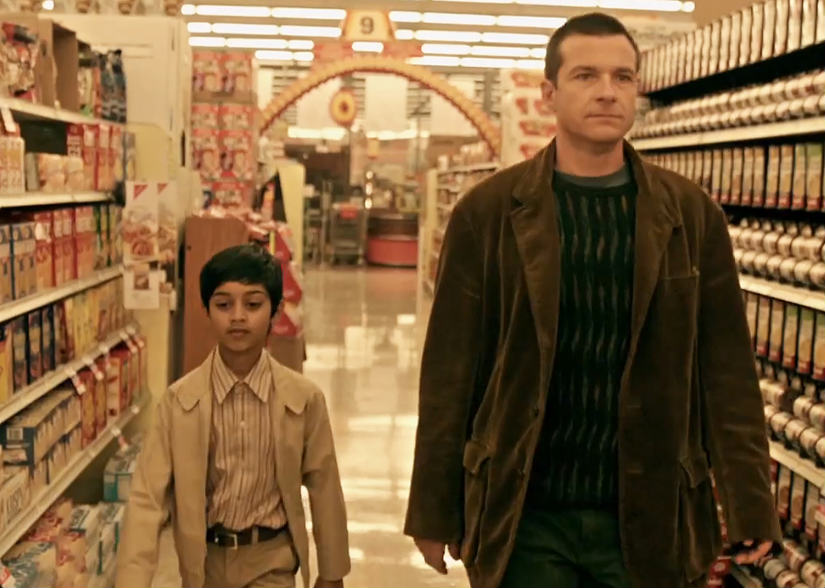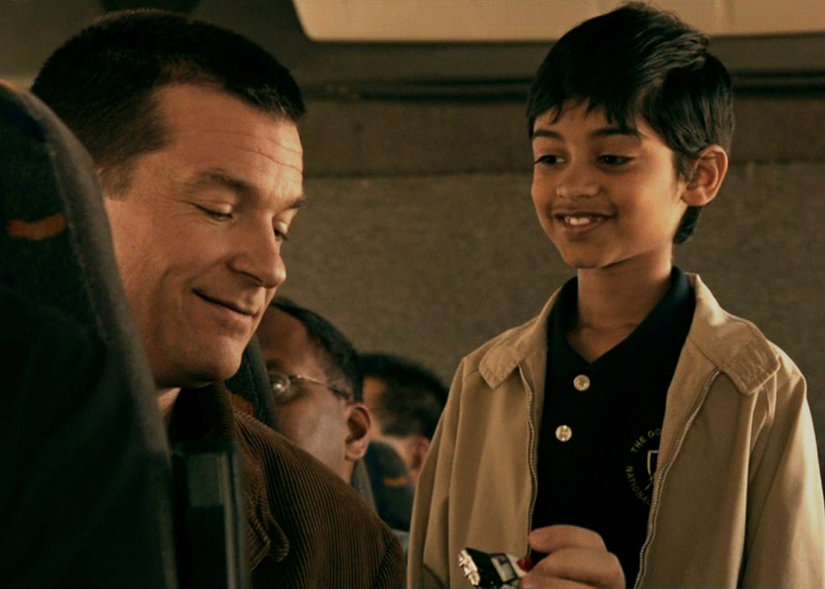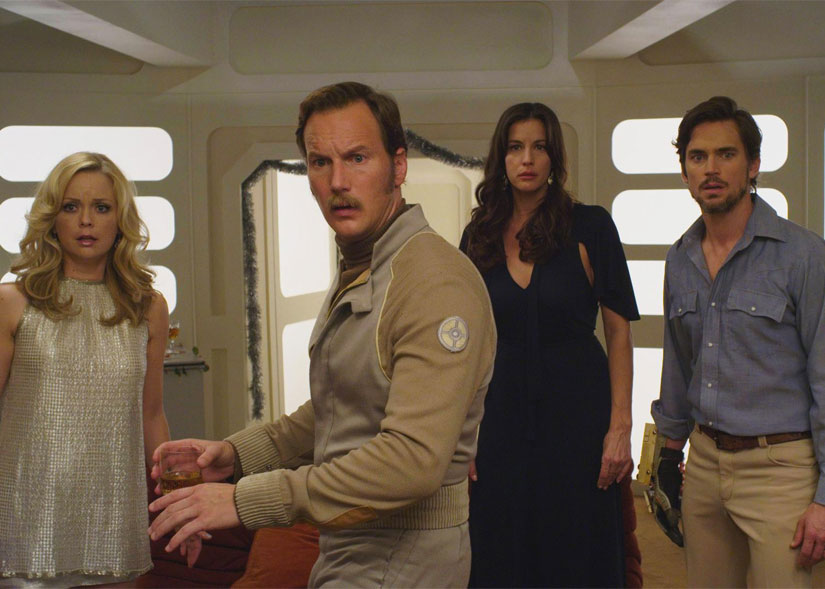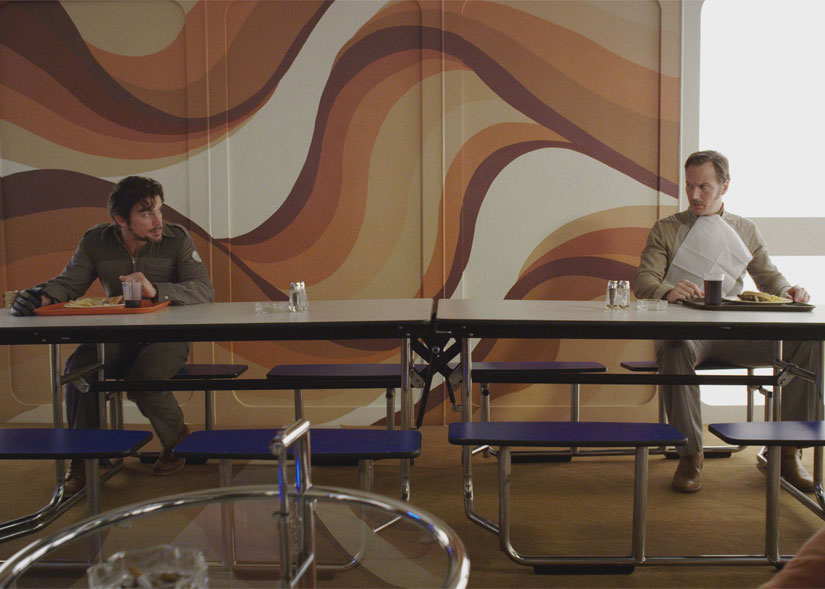[Review] A Million Ways to Die in the West
Seth MacFarlane made a name for himself with his various TV outings, practically single-handedly overtaking Fox's Sunday night TV programming with Family Guy, American Dad!, and The Cleveland Show. While each show has its fans, the "MacFarlane" brand of humor has, at times, run long in the tooth. What was once edgy and a legitimate alternative to The Simpsons (paired with the show's decline in quality over recent years) became stale, uninteresting, and too sophomoric for its own good.
2012's Ted, MacFarlane's film debut, was a test to see whether or not the writer/director/actor's brand of humor could translate not only to a live-action setting, but also sustain a feature length film. Almost $550m and generally positive reviews later, the answer was yes. To follow up, MacFarlane's comedy/western A Million Ways to Die in the West is grounded as much to reality as a MacFarlane project can be. However, did luck strike twice for MacFarlane, or did A Million Ways to Die in the West suffer the sophomore slump?
[youtube id="QG4rSUpB8RA"]
A Million Ways to Die in the West
Director: Seth MacFarlane
Rating: R
Release Date: May 30, 2014
Albert Stark (Seth MacFarlane) is a sheep farmer living in 19th Century Arizona where there are "a million ways to die." Out of the myriad ways in which people can die, one of the most common ways is during a duel. Rather than face another man in a duel, he withdraws, causing his girlfriend, Louise (Amanda Seyfried), to leave him for another man, the mustachioed Foy (Neil Patrick Harris). Down on his luck, he befriends a new woman in town, Anna (Charlize Theron).
While their friendship begins as Albert uses her to make Louise jealous and to increase his masculinity, the two inevitably fall in love with one another. Unbeknownst to Albert, however, is that Anna is married to Clinch Leatherwood (Liam Neeson), the most notorious gunslinger in the West. When Clinch discovers Anna has been galavanting around town with another man, Albert must do what he can to survive an encounter with him or else face a gruesome death.
As a fan of Seth MacFarlane, I say this as bluntly as possible: MacFarlane's work is very gimmicky and one-note: Ted featured a talking teddy bear, Family Guy lampoons the dimwitted husband/nuclear family thematic, American Dad! follows a Conservative paternal figure, etc. A Million Ways to Die in the West beats its audiences over the head with the characters' awareness to its setting. Sometimes, the jokes work; often, they don't. While some of the perilous dangers that the film's characters face are humorous, they're really nothing more than forgettable sight gags. However, that's not to say that there aren't real jokes in the film; far from it. Rather, you'll more than likely end up chuckling over the occasional joke rather than gasping for air. There's a lot of toilet humor (both literally and figuratively) in A Million Ways to Die in the West, so if you're into poop and pee jokes, you're in luck.
Whereas Ted felt like a natural progression from MacFarlane's Family Guy, A Million Ways to Die in the West feels like nothing more than a long episode set in the 19th Century West. The soundtrack will sound familiar to Family Guy fans, as the showtunes-esque score is very akin to the one MacFarlane uses on the show. There's even a long musical number that was one of the highlights of the film, thanks to the participation from Harris. In fact, if there could only be one highlight for the film, it's the stellar cast that MacFarlane put together.
While MacFarlane makes for a promising lead, his performance shows promise for future films, but doesn't quite hit the highs you expect. Thankfully, the ensemble cast more than does its part to keep the film afloat. The supporting cast of Sarah Silverman, Harris, Neeson, and Giovanni Ribisi are enough to bolster MacFarlane's subpar performance. Naturally, every scene in which Harris' Foye plays a primary role steals the spotlight away from any other character, whether it's from the aforementioned musical number, his character's subtle quirks and ticks, or his sense of physical comedy. To a slightly lesser degree, Silverman's naive Rose, a prostitute, allows MacFarlane a natural way to punch in edgy sex jokes; what would a MacFarlane project be without a handful of semen jokes, anyways?
A Million Ways to Die in the West showed promise with its early trailers. However, it really is nothing more than a long wild, wild West-set episode of Family Guy. It has its moments, and the supporting cast brings in as much as they can, but the film doesn't bring as many laughs as you'd like. Sure, you'll get the mustache song stuck in your head, you'll never be able to look at Neil Patrick Harris the same again, and you'll geek out with your friends over the pop culture easter eggs MacFarlane threw into the film, but they don't add up enough to cover an otherwise disappointing experience. Ultimately, A Million Ways to Die in the West isn't able to escape the one-note joke of its setting. However, there's enough present in the film to keep expectations positive for MacFarlane's next film, whenever that may come about.
[Review] Our Vinyl Weighs a Ton
Every influential movement always comes from humble beginnings. Formed in 1996 as simply a means to release a memorable, emotionally important album between two friends, Stones Throw Records has established a cult following for its catalog of classic, independent hip hop (and in more recent years, experimental indie). In Our Vinyl Weighs a Ton, director Jeff Broadway tracks the history of Stones Throw and its founder, Peanut Butter Wolf (nee Chris Manak), over its near 20-year history in a well-packaged documentary that will attract the most ardent of Stones Throw fans.
[youtube id="rwZVV_77MhM"]
Our Vinyl Weighs a Ton
Director: Jeff Broadway
Rating: N/A
Release Date: May 27, 2014 (VOD - Purchase Here)
Our Vinyl Weighs a Ton begins with a young Chris Manak, the San Jose-based DJ/producer who would eventually become Peanut Butter Wolf and introduces some of Manak’s childhood friends that would play huge roles in the formation of Stones Throw, namely Jeff Jank, Baron Zen, and Charizma. Following the untimely death of Charizma in the documentary’s narrative, Our Vinyl Weighs a Ton jumps around in time to highlight major moments in Stones Throw’s history with very defined chapter breaks.
The documentary is bolstered not only by interviews with current and former Stones Throw artists, but also by artists that were influenced by or fans of the record label, including ?uestlove, Earl Sweatshirt, and Kanye West. While it’s great to have heavy-hitting stars share their thoughts, it would have been nice to see reactions and testimonies from fans, as well. Also included in the documentary are archival footage featuring never-before-seen videos of Peanut Butter Wolf and Charizma during the early '90s, videos from the studio including Madlib and J Dilla's first meeting, and more. The historical goodies are what will attract long-time Stones Throw fans, as well as the soundtrack featuring new tracks from Madlib himself.
Our Vinyl Weighs a Ton, in a way, follows the same ethos Manak does for Stones Throw. Towards the end of the documentary, Manak says, "there's probably three or four handfuls of people who, when I put out a record, I want them to like it. Beyond that, I don't care." In essence, Our Vinyl Weighs a Ton caters to Stones Throw fans; they're the circle that will get the most out of this documentary. However, the entire package is put together so well (and entertainingly so), that it'll capture interest from those with a cursory familiarity with the label. If you consider yourself a fan of independent hip hop, Our Vinyl Weighs a Ton isn't necessarily a must-see, but definitely a documentary worth catching when you come across it.
[Review] Chef
[This review was originally published as part of our SXSW 2014 coverage. It is being re-posted to coincide with Chef's theatrical release.]
Chef
Director: Jon Favreau
Rating: N/A
Release Date: March 7, 2014 (SXSW)
Over the past few years, director Jon Favreau has been known for his big budget sci-fi films (Iron Man, Iron Man 2, Cowboys & Aliens). However, his career began with earnest in low budget indie darling films, most notably Swingers alongside Vince Vaughn. Since then, Favreau's trajectory has skyrocketed, culminating with the aforementioned Iron Man films, which themselves helped establish Marvel's dominance in the film industry. However, wanting to create something personal on a smaller scale, Favreau brought Chef to this year's SXSW in which he directed, wrote, and starred. Would all of the years spent working on big budget Hollywood films affect his ability to create films that were driven more by personal stories than grandiose concepts? Read on and find out.
Early in his career, chef Carl Casper (Favreau) was named one of the most exciting chefs in the restaurant business. After establishing a residency at a Los Angeles restaurant for many years, Casper's creativity began to suffer. In an attempt to reinvigorate both himself and his cooking staff, he set out to create a special menu to accommodate LA's most notorious food critic. However, the owner of the restaurant (Dustin Hoffman) prevents Casper from deviating from the established menu, resulting in a domino effect of events that lead to a scathing review of Casper's talents and his own ouster from the restaurant. With his future prospects out the window, Casper sets out to Miami to start a food truck business with his best friend and former line cook (John Leguizamo). Also along for the ride is Casper's son, Percy (Emjay Anthony) who had been inadvertently ignored due to Casper's busy schedule and the divorce between he and his ex-wife (Sofia Vergara).
Chef is split by its two halves. The first half of the film focuses on Casper and his professional fall and rise. The conflict is driven not just by the obvious man vs. man conflict, but also man vs. self as Casper has to re-adapt his life and find what's been missing inn his personal and professional careers. The second half focuses more on Percy and his reconnection with Casper. The transition from the light comedy/drama of the first half to the road trip/buddy film in the second half was a bit rough, but welcome at the same time.
In a way, Chef is simple, and that's okay. Much like Favreau's Casper went on a journey to find the spark he once lost, Chef could be Favreau's proverbial food truck. It won't be for everybody, and some might expect more from the writer/director/actor, especially with the film being his first feature since the Hollywood film predecessors. The drama's light and nothing too expository, but the true heart of the film is in the comedy. Favreau's writing is pointed and direct in its nature, relative to both the restaurant industry and the Latino flavor of the film. Complementing the Latin tone of the film is the spectacular soundtrack that features covers of notable songs from Merengue to Salsa to Bachata and everything in between.
Chef is a light, good-hearted film that definitely benefited from being SXSW's opening film. It's charming, has jokes that are actually funny, and is supported by a great cast. If you're looking for a laid-back night out, Chef will be the perfect complement to a nice, candlelit dinner.
[Review] Jesus People
I both love and hate the mockumentary format in film (and TV). Shows like The Office and Parks and Recreation can take the simple concept of a TV crew working as tangible, off-screen characters to capture these characters' intimate moments in a believable way. Of course, the presence of these minor characters can lead to funny moments when characters break the fourth wall to acknowledge the insanity (The Office's Jim being the most popular example).
However, the style of the mockumentary can also end up being a mixed bag, having too much in common with the overused found footage genre. In a way, the mockumentary is to comedies what found footage is to horror - when it works, it's on point, but when it fails, it feels lazy and uninspired. Where does Jesus People fall? Read on and find out.
[vimeo id="82323367"]
Jesus People
Director: Jason Naumann
Rating: N/A
Release Date: April 11, 2014 (limited release)
Fearing that he's losing his son Eli (Chris Fennessy) to the secular world, Pastor Jerry (Joel McCrary) is desperate to re-connect with him before it's too late. However, "too late" may not be late enough after a vague medical diagnosis sounds severe. Pastor Jerry, fearing his death is fast approaching, attempts to reach out to Eli by forming a Christian pop band, Cross My Heart. After tapping former popular Christian singer Gloria Hamming (Edi Patterson), church member Zak Crowning (Damon Pfaff), beauty pageant winner Cara Bosch (Lindsay Stidham), and dedicated youth group teacher Ty Raney (Richard Pierre-Louis), the band records their first single, "Save the World." When the song grows bigger than any of them imagined, it signals the dissolution of the band just as they were growing big.
The slant behind Jesus People is the hilarity and sometimes conflicting existences of Christian bands. On the one hand, they find success in Christian radio, but the limiting scope isn't enough for what they want to achieve. When they release a "secular" remix of the song, it shoots up the Top 40 list, but alienates their Christian base. A lot of the humor comes from this controversy where some of the band members aren't Christian, just playing the part for the means of success. Religion is a touchy subject, especially in the form of a comedy, but Jesus People doesn't lampoon the religion in a negative way, which was pretty surprising, considering what the film's about.
The mockumentary style of shooting also benefits the film's nature. Ty is Jesus People's "Jim," constantly turning to off-screen director Jodi (Nikki Boyer) for assistance or assurance that the banality of some of the group's discussions is, in fact, real. The breaking of the fourth wall, within the context of the documentary, is also a sly way for Pierre-Louis to look directly at the viewer for that same reaction; usually, this would be cheesy and an all-too-easy way of poking fun at the film for a quick laugh, but it works in Jesus People.
The narrative itself isn't all too exciting, never outgrowing past the concept of "Hey, let's film a mockumentary about a Christian pop band," but the novelty of exactly that (a mockumentary about a Christian pop band) is enough to warrant a look at the film. Characters, albeit one-note and shallow, do at least experience a full arc, with no one character outweighing another, both in terms of character development and screen time. The issue, however, is that it's just not that funny. There are moments where you'll chuckle over a cute line or scene, but it never warrants a real laugh out loud reaction.
[Review] Cesar Chavez
[To commemorate the limited theatrical release of Cesar Chavez, we are re-posting this review of the film from this year's South by Southwest.]
[youtube id="Zra1pBOOOJc"]
Cesar Chavez
Director: Diego Luna
Rating: N/A
Release Date: March 10, 2014 (SXSW)
Cesar Chavez was not only one of the largest and most influential icons in Latino culture, he was also one of the premier faces of the civil rights movement during the 1960s. Yet, director Diego Luna's portrayal of the labor leader's life is the first time Chavez's story has been put on the big screen. Why is that? I'm not entirely sure, but because of the gravity behind the film and how important Chavez was to many people, Cesar Chavez, the film, carries an added layer of spectacle. Because of this, it's a bit difficult to view Cesar Chavez from an objective perspective, yet its the subjectivity behind his story that will ultimately drive the film's success... or failure.
Much like all other biopics, Cesar Chavez is a fictional take on Cesar Chavez's (Michael Peña) life, spotlighting some of the major events Chavez went through, such as the formation of the United Farm Workers union, the Delano grape strike, the Modesto March, and one of Chavez's many fasts. By his side are his wife, Helen (America Ferrera), and Dolores Huerta (Rosario Dawson), another pivotal figure in the formation of the UFW. Within the context of the film, the main source of conflict for Chavez comes in the form of one grape farm owner (John Malkovich) who unites other farm owners to resist Chavez's demands for proper treatment of their contract workers. Another subplot involves the alienation between Chavez and his oldest son, creating a dichotomy between the love he received from the public, but the backlash he was receiving privately.
As I mentioned in my introduction, Cesar Chavez was one of the most important Latinos in American history... nay, one of the most influential cultural icons in history. Because of this, expectations will be high for audiences watching Cesar Chavez that may affect how the film is received. On the one hand, it's about time Chavez's life was immortalized on the silver screen. At the same time, I feel like the film will be more positively received because of who Chavez was rather than by the merits of the film itself. Cesar Chavez isn't a bad film. In fact, I think it highlights Michael Peña's true talents as an actor. However, a part of that could come from the very fact that he's portraying Cesar Chavez, yet it takes a certain ability to portray such an iconic figure. Do you sense the catch-22 I've been struggling with here?
Cesar Chavez isn't a bad film, but it doesn't necessarily stick out. Luna's depiction of Chavez's plight is great, fitting perfectly within the framework of a film, but like all biopics, reception is mostly based on the audience's familiarity with the figure. The conflict is resounding enough for audiences to be drawn to, and there are certainly going to be audiences cheering on with "Se se puede!" chants, but those will mostly come from the independent theaters. Cesar Chavez is one of the most important luminaries of the civil rights movement and Latino community, and while Cesar Chavez is a solid film that encapsulates a part of this amazing man's life, it'll unfortunately be overshadowed by the spectacle of the fact.
[Review] The Raid 2: Berandal
[To commemorate the limited theatrical release of The Raid 2: Berandal, we are re-posting this review of the film from this year's Sundance Film Festival]
[iframe id="http://movies.yahoo.com/video/39-raid-2-39-trailer-174145921.html?format=embed&player_autoplay=false"]
The Raid 2: Berandal
Director: Gareth Evans
Rating: N/A
Release Date: January 21, 2014 (Sundance)
The Raid: Redemption practically came out of nowhere and introduced me to a new form of action films. From the completely visceral cinematography capturing every bone break and ounce of gushing blood to the introduction to pencak silat, a form of Indonesian martial art that is as brutal as it is beautiful to watch. Where The Raid: Redemption lacked in story and narrative, it more than made up for in immensely entertaining and awe-inspiring fight sequences. What made the film so successful is not the aforementioned fight scenes, but because of writer/director Gareth Evans' tight focus, with the film taking place almost exclusively inside one apartment building complex.
Following on the heels of Redemption, The Raid 2: Berandal expands on the narrative, introducing audiences to the world outside of the Jakartan slums. Redemption's protagonist, Rama (Iko Uwais), turns to a senior officer to report on the events of Redemption and to take down the city's corruption once and for awhile. In order to do that, he's ordered to go undercover and infiltrate the ranks of one of the largest mob syndicates run by Bangun (Tio Pakusadewo) by befriending Bangun's son, Uco (Arifin Putra), in jail. Before long, tensions escalate into a gang war in which nobody is safe.
The plot of Berandal can be a bit confusing and overwhelming, especially for those who haven't seen Redemption yet. Where Redemption thrived in its small scale, Berandal grows the universe and storyline exponentially, introducing a myriad cast of characters. Once past the early confusion, however, the film finds its narrative stride as Rama navigates the criminal underworld. The themes are endless in Berandal, with father/son dynamics, revenge, and redemption being the most noticeable themes purveying the film. Evans' writing in Berandal is sound; whereas I had my concerns that such a large expansion would muddle the overall film, those thoughts were quickly erased in the film's first act. While Rama is the center of the action, Uco is the center of the drama, and Putra's performance is enough to sustain the plot in between fights. Most action films leave audiences just wishing for the story-driven scenes to hurry up; Berandal never lets the tension go, whether it's in the form of a fight or a plot-driven sequence; needless to say, the pacing is spot-on and near perfection. However, in saying that, the film's true bread and butter is in the action scenes.
Simply put: WOW. I don't know how Evans and his team of choreographers did it, but literally every action sequence has at least one moment where you can't help but drop your jaw in awe, surprise, excitement, entertainment, disbelief, fright, happiness, etc. I don't want to spoil anything too specific, but Berandal features one of the greatest car sequences you'll ever see in a film. If you thought you saw it all in Redemption, wait until you see Berandal; much like how the plot is expanded upon in the sequel, so too are the fight sequences. They're visceral, desperate, entertaining, and above all else, as brutal as you can imagine. With a shaky cam, each attack is accentuated with a camera shift, each throw is met with a tumble, etc., proving just how well the cinematography complemented the fights. It can be dizzying at first, but it just adds to the entire experience. The fight sequences become more nuanced and elaborate as the film goes on; there's also an evocation of classic video games (Mega Man comes to mind) where Rama will rush through grunts, meet somebody with a sense of a challenge, then finally ends with a pseudo-boss fight.
If you loved The Raid: Redemption, you're going to find yourself enamored with The Raid 2: Berandal. It's bigger, better, and more badass in every way possible, just like every successful sequel should be. Words simply won't do this film justice. Watch Berandal the first chance you get - you can thank me later. While it may be too early to tell, the The Raid franchise just might be the next greatest action film franchise... so long as Evans and his team stay on board.
[Review] Bad Words
Jason Bateman isn’t exactly an actor on the up-and-coming. With successful television series Arrested Development and other films like Horrible Bosses and Up In the Air, he’s definitely already made a name for himself that has a pretty strong following. Bad Words, however, is his first step into directing a feature length film, and I must say that this comedy full of quick wit and, well, bad words was an enjoyable movie worth seeing if in need of a few laughs.
[youtube id="yXoZCAVTzEQ"]
Bad Words
Director: Jason Bateman
Rating: R
Release Date: March 14, 2014 (limited)
Guy Trilby (Jason Bateman) is introduced as a 40-year-old man in the crowd at The Golden Quill National Spelling Bee competition. As an adult in an environment that is intended for the thriving of kids, it is believed that he’s a parent of one of the competitors until he steps up onto the stage. While his enrollment in the tournament doesn’t go uncontested, he proves his right to be up there competing by finding a few loopholes in the rule book. Without giving much of a reason as to why he’s doing this, parents are becoming enraged for the sake that their children won’t have a fair chance in the competition. He isn’t alone in this though. Jenny Widgeon (Kathryn Hahn) is a journalist following Trilby from competition to competition in the hope that she will catch the moment in which the estranged man reveals his real reasons for competition as he escalates higher and higher in the tournament. Along with her is young Chaitanya Chopra (Rohand Chand), a young boy that is completely unfazed by Guy’s choice to be a loner in life and forms a bond with the man after much persistence to be friends.
I went to this film without knowing too much about it other than a faint memory of seeing the trailer just a few months earlier, but what little expectations I had were not let down whatsoever. It’s full of quick wit and great comebacks from Bateman’s asshole of a character, and there was rarely a scene in which I wasn’t laughing. Trilby doesn’t have any intent on befriending anyone as an adult at this grade school competition, but the non-stop efforts of young, fellow competitor Chaitanya Chopra to be friends with Guy has a great impact on the humor displayed in the film. Most of the jokes are from the things that Bateman says to this naïve kid and the situations he puts them both into. In fact, the overall inappropriateness of the whole film is the driving force of this comedy, and I enjoy the seemingly mature level of immaturity that this movie took on.
I truthfully don’t have too many complaints about what I was privileged to watch. This wasn’t a comedy that changed my life forever, and I don’t see it doing any better in theaters than any other average comedy that has been put onto the market. Regardless, it was a genuinely easy viewing that kept me laughing throughout it’s entire duration, and I feel like it accomplished its goals.
Everyone in the cast put in some of their best effort for this production. Bateman is excellent at playing this person who is seemingly one of the worst human beings in existence, and his minimal evolution of a character was executed perfectly. Kathryn Hahn also brings some hilarity through her determination and underlying loneliness in the film. Allison Janney is great in comedic roles, but her character, Dr. Bernice Deagan, is the director of the spelling bee and remains serious while she’s featured.
2014 seems to be stacked with a bunch of comedies to look forward to seeing, with a lot of them coming out in late spring. Bad Words is no exception to my anticipation of a string of good laughs to come. The plot line, while predictable, was simple and easy to follow. It wasn't created to change the world of comedy, and it was an equal balance of hilarity that works that made the film just right for pure enjoyment. I don't have a dying urge to see it in theaters once again, but I probably wouldn't contest it if someone were to pop it into the DVD player on another night. If you're in need of a good laugh and have nothing better to do, I would definitely confirm that seeing this movie is worth getting into theaters to see.
[SXSW Review] Space Station 76
[Ruby Hornet will be covering SXSW from March 7th to March 16th. Follow along as we bring you exclusive film reviews, photos, daily features, and interviews with filmmakers, actors, and musicians!]
Space Station 76
Director: Jack Plotnick
Rating: N/A
Release Date: March 9, 2014 (SXSW)
In Space Station 76's alternate universe, space travel was already established and a common thing by the 1970s. Of course, despite advancements in technology, the same problems that plague us still exist: frosty interactions with others, identity crises, and just general human drama. Space Station 76 uses the framework of an alternate '70s space station to craft a story that is universal (pun intended), albeit with its own quirks. However, does it benefit from its setting, or is that nothing more than a gimmick that ultimately doesn't pan out to much? Read on and find out.
When assistant captain Jessica (Liv Tyler) joins the crew of Space Station 76, all of the simmering emotions the pre-existing crew felt comes to a head. Captain Glenn (Patrick Wilson) struggles with both his secret homosexual affair with an ex-crew member and sharing duties with Jessica, Misty (Marisa Coughlan) is in a loveless marriage with Ted (Matt Bomer) while ignoring their young daughter, Sunshine (Kylie Rogers). Donna (Kali Rocha) dreams of joining a more upscale space station with her newborn and husband, Steve (Jerry O'Connell), who is conveniently enough having an affair with Misty. Space age drama? Check.
Space Station 76 uses the space station setting to put all of these fractured people into a closed setting to drive the conflict, but it doesn't actually employ much from the space setting. In a way, I love that it doesn't lean heavily on this admittedly one-off joke, but at the same time, I would have loved to see more of the space station elements to play into the plot. A few jokes do play off of some of the space station tech, but more would have definitely helped. The time setting, however, is apparent from not only some of the aforementioned tech (such as a R.O.B.-esque robot psychiatrist) to the crew's lingo and clothes. It's a bit cheesy, but writer/director Jack Plotnick plays up the cheese effectively.
The issue with Space Station 76 is that it isn't very compelling. The film plays as a space opera, which in and of itself allows the film to be over-the-top and extravagant, yet Space Station 76 doesn't take advantage of it. It's as if Plotnick attempted to keep the film light and grounded within the confines of its setting instead of letting it float freely. Because of this, the film suffers from a lot of missed opportunities at the cost of dramatic and comedic progression. If played off as a straight satire on the '70s space setting, Space Station 76 could have been better. Instead, the film feels like an elongated sketch that never found itself.

